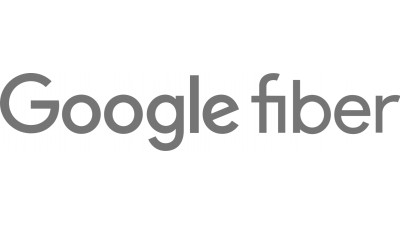Lease Flexibility, Connectivity And A Sense Of Community Are Paramount In The Digital Age

Technology is fundamentally changing the professional dynamic, attitudes toward work and interactions among colleagues.
Savvy office property managers must look at their tenants’ new habits, actions, preferences and choices to anticipate and respond to their needs, according to Boxer Property president Justin Segal. These shifts have dramatically altered an office property manager's job description. “If multifamily hadn’t taken 'community manager,' that’s what we’d call office PMs,” Segal said.
Tech has simplified and automated property managers' duties. Now, like corporate tenants, they can innovate, finding their role more cruise director and less pencil-pusher.

Boxer Property president Justin Segal
What Can Tech Not Do?
The way tenants interact with their physical environment has changed with the emergence of a more complete digital one. Managers of office space are realizing that what they provide may no longer be a strict necessity, so they must ensure their space functions to foster interactions, breed creativity and engender a collaborative mentality among co-workers in a way tech cannot.
Flexibility Key For Firms And Offices To Stay Competitive
“The nature of office was previously static. Contracts were long-term and reliable. Corporate tenants, likewise, could often predict with a high degree of accuracy their customers, products and pipeline,” Segal said.
Technology has streamlined operations, expanded the realm of possibility and utterly disrupted routines at offices around the world. As firms innovate rapidly to stay competitive, they cannot always predict their product life cycles. They cannot anticipate where they will need to be in the near future with as much precision.
SAAS Becomes Standard
“The traditional five- or 10-year lease is out the window for most companies that want to be nimble and responsive. So we focus on space as a service, SAAS,” Segal said.
SAAS entails a tremendous amount of flexibility in terms of duration of leases and the amount of space they provide.
It also involves upgrading and providing tech-oriented amenities. “The onus is now on landlords to invest in infrastructure that, for example, supports connectivity,” Segal said.
This is because a corporate tenant that may move in a few months does not consider the situation permanent enough to warrant such an expenditure. Furniture, configuration, conference space and food service are all going the same way, transitioning to becoming the manager’s responsibility.
Maintaining A Sense Of Community More Important Than Ever
Another thing tenants want, but do not often know to ask for, is a space that fosters a sense of community. Driving and maintaining this feeling of community is imperative for landlords, according to Segal. Technology can have an isolating effect. Managers need to combat this to keep workers’ productivity and spirits up.
“Our goal is to create emotional connections between people and their physical environment. There’s a new emphasis on orchestrating introductions — people bump into each other when barriers are cut down or eliminated. We need to provide access to resources that promote face time,” Segal said.
Food And Events Promote Real Interactions
Food and events are two great vehicles for accomplishing this.
“To focus on the food layer, now, rather than leasing to restaurants as tenants, we have food included as an amenity we provide on-site. We’re thus free from constraints and obligations that come with somebody who has to make a lease payment,” Segal said.

